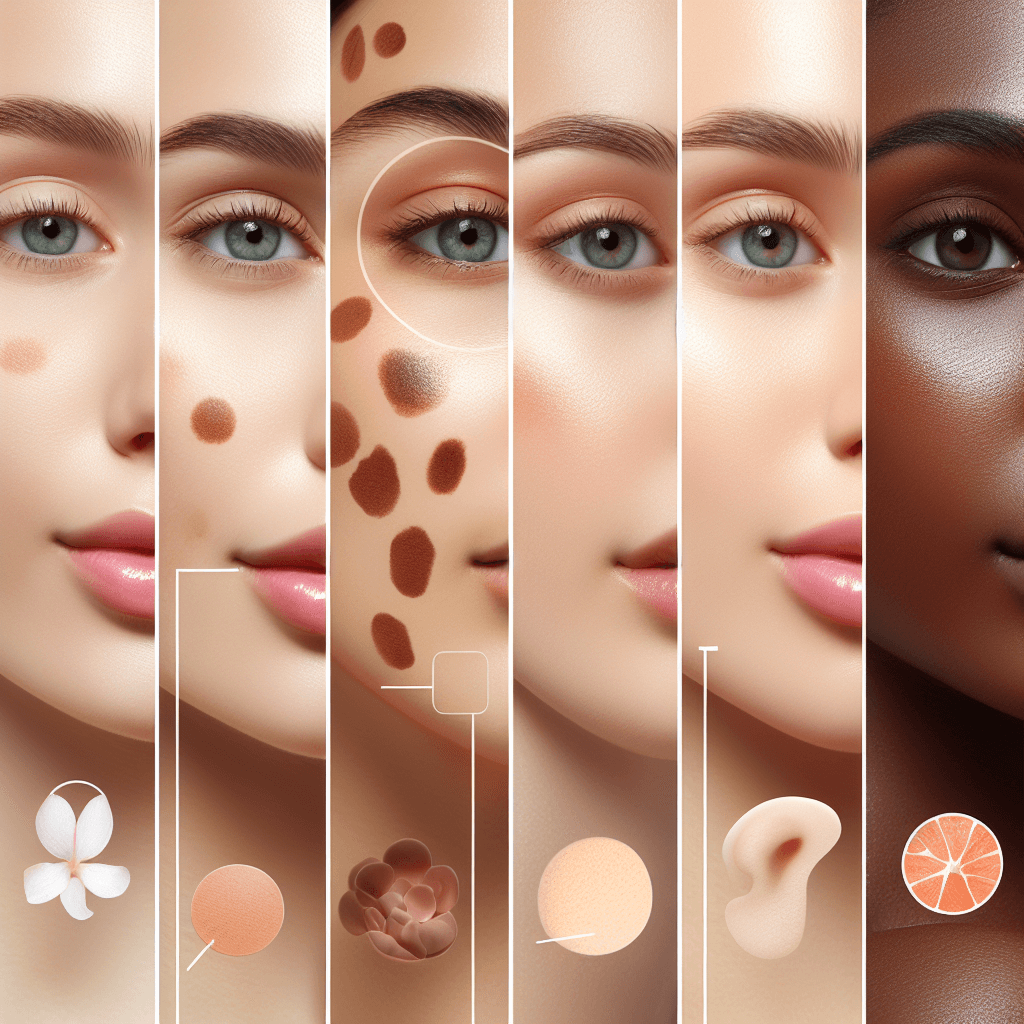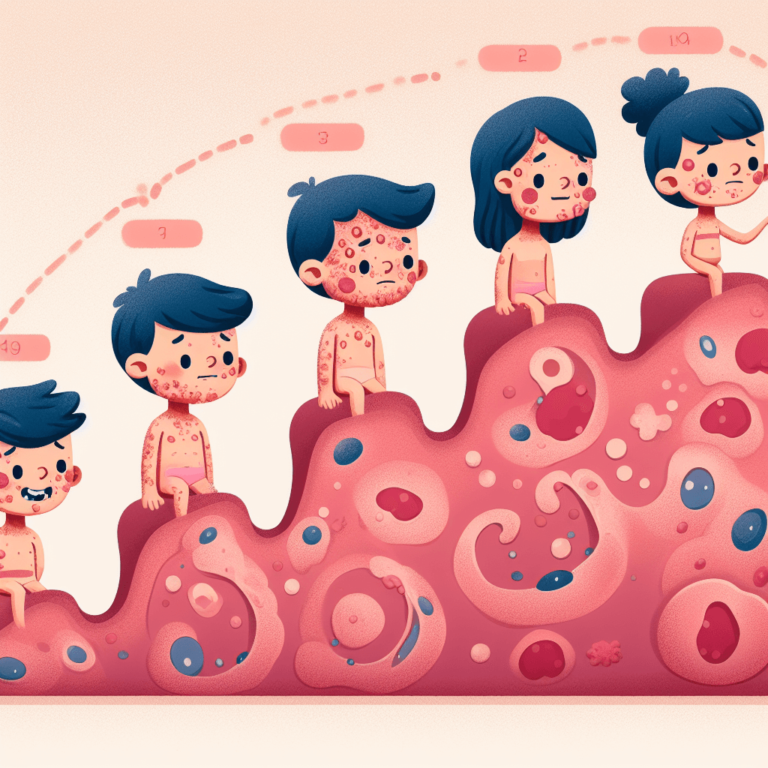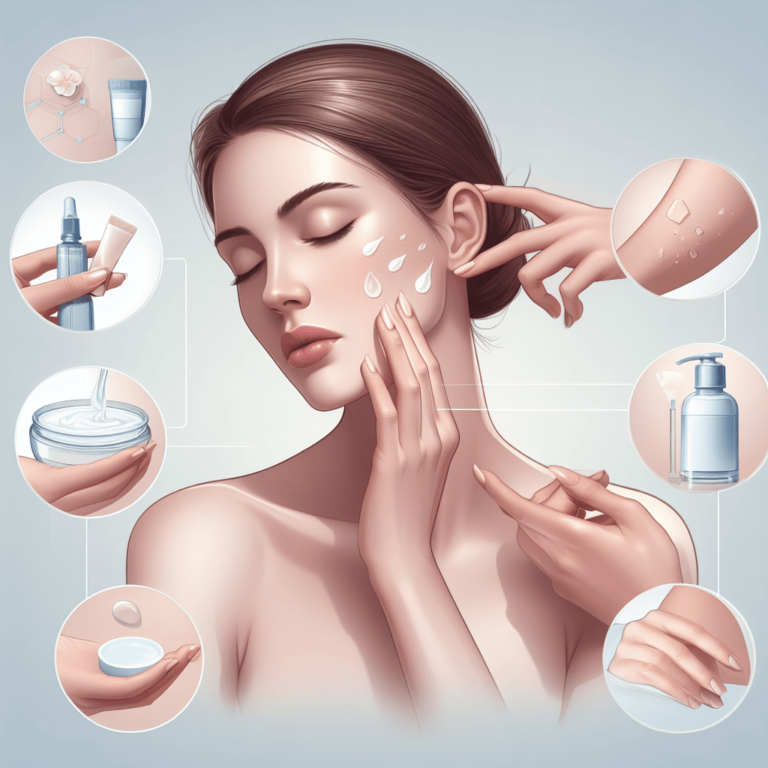Strategies to Prevent Acne Scarring
While managing acne is crucial, preventing the lasting effects of scarring is equally essential. Let’s delve into effective strategies to minimize and prevent acne scarring, preserving your skin’s smooth texture and appearance.

Strategies
1. Early and Consistent Treatment
Prompt and consistent treatment of acne can significantly reduce the risk of scarring. Addressing breakouts early and adopting a gentle skincare routine tailored to your skin type can help prevent severe acne that leads to scarring.
2. Avoid Picking or Squeezing
Resist the temptation to pick, squeeze, or pop pimples. Doing so can worsen inflammation, push bacteria deeper into the skin, and increase the likelihood of scarring. Hands-off approach can aid in preventing scars from forming.
3. Protect Your Skin from Sun Exposure
Sun exposure can darken existing acne marks and potentially lead to more noticeable scarring. Regularly apply a broad-spectrum sunscreen with SPF 30 or higher to protect your skin from harmful UV rays and minimize the appearance of scars.
4. Gentle Skincare Routine
Adopting a gentle skincare routine can aid in preventing further irritation and potential scarring. Use non-comedogenic, fragrance-free products suitable for your skin type. Avoid harsh exfoliation or abrasive scrubs that can irritate the skin.
5. Treat Inflammatory Acne Early
Inflammatory acne, such as cysts and nodules, is more likely to cause scarring. Seeking professional help for severe or persistent acne can prevent deeper lesions that often result in scarring. Dermatologists can provide appropriate treatment to minimize scarring risk.
6. Avoid Harsh Chemicals
Limit the use of harsh skincare products containing alcohol, abrasive agents, or strong acids. These can irritate the skin and exacerbate inflammation, potentially leading to more prominent scars. Always check the ingredients of your products using the Pore Clogger Ingredients Checker.
7. Consider Professional Treatments
In cases where acne scarring has already occurred, dermatological treatments like chemical peels, microdermabrasion, laser therapy, or microneedling can help reduce the appearance of scars. Consult with a dermatologist to explore suitable options.
Final Thoughts
Preventing acne scarring requires a proactive and gentle approach to skincare. Consistency, early intervention, and avoiding practices that exacerbate inflammation are key in preserving your skin’s texture and preventing lasting scars.
Remember, everyone’s skin responds differently, and what works for one person may not work for another. Patience and persistence in adopting preventive measures can significantly reduce the risk of acne scarring and contribute to healthier, smoother skin.






